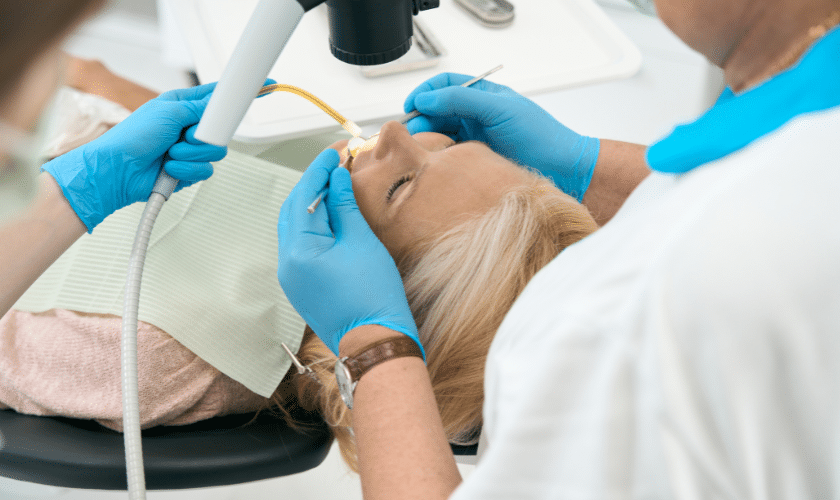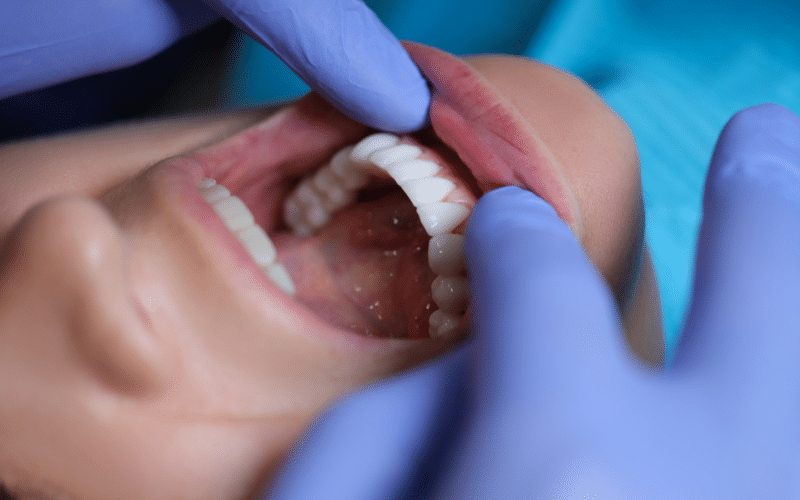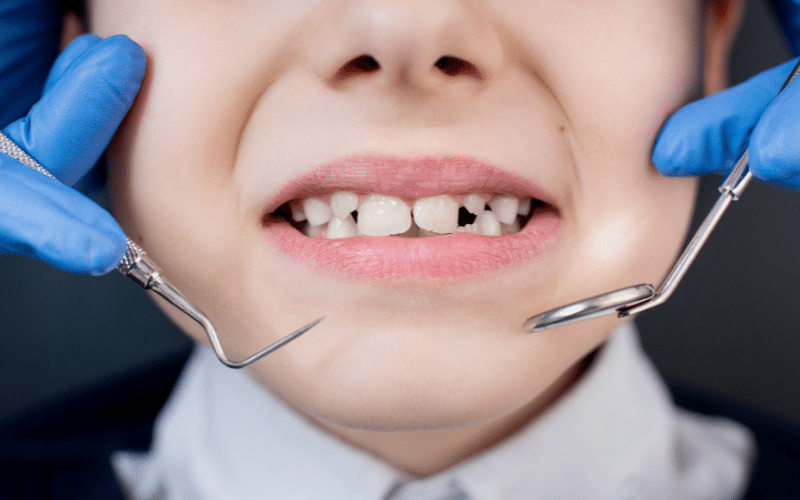ONLINE SCHEDULING AND VIRTUAL CONSULTS AVAILABLE

Understanding the Expense of Common Oral Surgery Procedures

Oral surgery is a branch of dentistry that involves surgical procedures to diagnose, treat, and correct various conditions affecting the mouth, teeth, and jaw. From wisdom teeth extractions to dental implants, these procedures can be essential for maintaining oral health and restoring function. However, the cost of oral surgery can be a concern for many patients. Understanding the expenses associated with common oral surgery procedures can help individuals prepare financially and make informed decisions about their oral health care. In this blog post, we’ll talk about the aspects of oral surgery in Plantation, FL, and the factors that influence the cost of oral surgery procedures.
Factors Influencing Oral Surgery Costs
Several factors can significantly impact the final cost of your oral surgery in Plantation, FL. Here’s a breakdown of the key elements to consider:
Type of Procedure
- Complexity: Procedures requiring intricate techniques and specialized equipment, like jaw reconstruction or bone grafting, will typically cost more than straightforward extractions.
- Length: Time spent in surgery directly affects cost. Procedures involving extensive tissue manipulation or multiple surgeries may incur higher fees.
- Anesthesia: The type of anesthesia used (local, sedation, or general) plays a role. General anesthesia, requiring a separate anesthesiologist, often adds to the cost.
Extent of Treatment
- Number of Teeth Involved: Procedures involving multiple teeth, like multiple wisdom teeth extractions or full-mouth implant placement, naturally cost more than procedures on a single tooth.
- Severity of Condition: Addressing complex issues like impacted wisdom teeth, cysts, or tumors may require additional maneuvers and potentially longer surgery times, which can impact the cost.
Location
- Geographic Location: Costs can vary depending on the geographical area. Urban centers with higher living costs often have higher surgical fees compared to rural locations.
- Facility Type: Surgery performed in a hospital setting may be more expensive than surgery in a well-equipped outpatient oral surgery center.
Insurance Coverage
- Dental vs. Medical Coverage: Determine if your procedure is covered by dental or medical insurance. Coverage for oral surgery varies widely between plans.
- Deductible and Out-of-Pocket Maximum: Understand your deductible (the amount you pay before insurance kicks in) and out-of-pocket maximum (the annual limit on covered expenses) to estimate your financial responsibility.
Common Oral Surgery Procedures and Their Costs
Here’s a more detailed breakdown of common oral surgery procedures, including factors affecting their cost:
Tooth Extractions
Simple extractions involve removing a visible tooth, while surgical extractions involve removing an impacted or broken tooth below the gumline. Surgical extractions are generally more expensive due to the additional time and tools required. Local anesthesia is typically used for simple extractions, while general anesthesia might be needed for complex cases, increasing the cost. Extracting teeth in the front of the mouth might be slightly more expensive due to cosmetic considerations.
Wisdom Teeth Removal
Wisdom teeth removal is common for impaction (stuck in the jawbone), overcrowding, or potential infection. Removing all four wisdom teeth is usually more expensive than removing a single tooth. Impacted teeth require more surgical intervention, leading to higher costs. Similar to tooth extractions, the type of anesthesia used can impact the cost.
Dental Implants
Dental implants are artificial tooth roots surgically placed in the jawbone to support a crown (artificial tooth). Different materials, like titanium, can affect the cost. Replacing multiple teeth requires more implants, increasing the overall cost. The type of abutment (connector between implant and crown) and crown material (porcelain, zirconia) also influence the price. If there’s insufficient jawbone for implant placement, bone grafting adds to the overall cost.
Bone Grafting
Bone grafting is a procedure to rebuild jawbone lost due to disease, injury, or tooth extraction, creating a strong foundation for dental implants. The extent of bone loss determines the amount of grafting material needed, impacting the cost. Different types of bone graft materials (synthetic, donor bone) can vary in price.
Financial Planning for Oral Surgery
Oral surgery can significantly improve your oral health and well-being. However, the cost can be a concern. Here’s a breakdown of financial planning strategies to help you manage the expenses:
Understanding Insurance Coverage
Dental Insurance: Not all dental plans cover oral surgery. Contact your provider to understand your specific coverage details.
- Inquire about Covered procedures (e.g., wisdom tooth extraction, implants), the percentage covered, annual maximums, and pre-approvals required.
- If your current plan lacks coverage for oral surgery, consider a plan with better benefits for future needs.
Exploring Payment Options
Many oral surgeons and dental offices offer flexible payment plans. Explore options like:
- Low monthly payments: Spread the cost over several months with manageable installments.
- Interest-free financing: Look for promotions that waive interest charges if paid within a specific timeframe.
- Down payment + installments: Combine an initial down payment with smaller monthly payments.
Leveraging Tax-Advantaged Accounts
- Health Savings Account (HSA): If you have a high-deductible health plan (HDHP), consider contributing to an HSA. HSAs allow you to contribute pre-tax dollars to cover eligible medical expenses, including qualified oral surgery procedures.
- Flexible Spending Account (FSA): Similar to HSAs, FSAs let you set aside pre-tax money for qualified medical and dental expenses. However, unlike HSAs, funds typically roll over unused for a limited period (check your plan details).
Comparison Shopping for Cost-Effectiveness
- Get Multiple Quotes: Don’t settle for the first price you hear. Obtain quotes from several qualified oral surgeons in your area.
- Seek Transparency: Ask about all associated charges upfront to avoid surprise bills. This includes surgeon fees, facility fees, anesthesia, medication, and potential follow-up appointments.
Understanding the expenses associated with common procedures of oral surgery in Plantation, FL, is essential for anyone considering these treatments. By knowing what factors influence costs and exploring financial options, patients can make informed decisions about their oral health care. It’s important to consult with us at My Dentist For Life Of Plantation to discuss treatment options, costs, and any concerns before undergoing any oral surgery procedure. Call us today to schedule an appointment.




